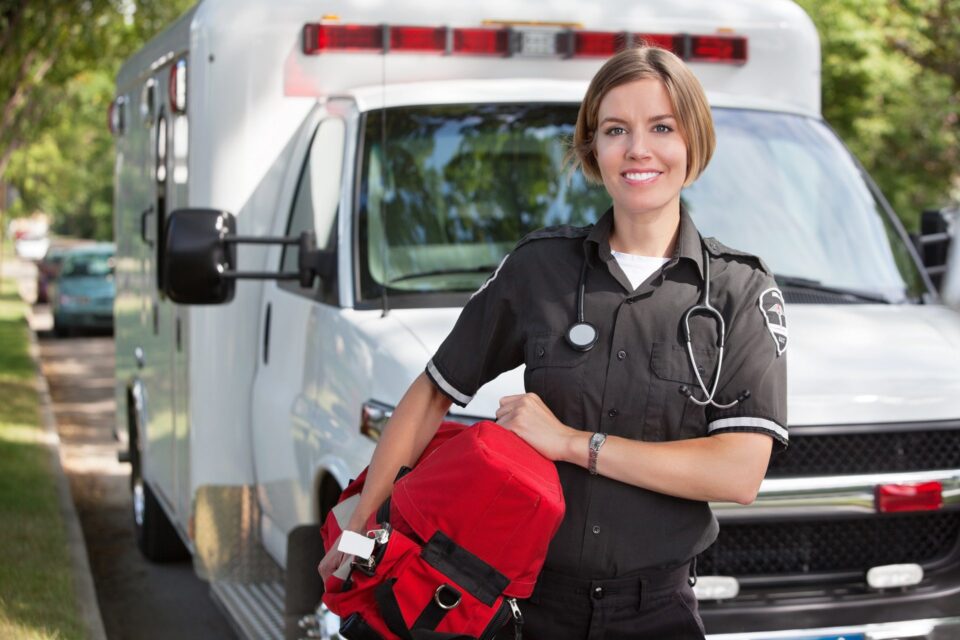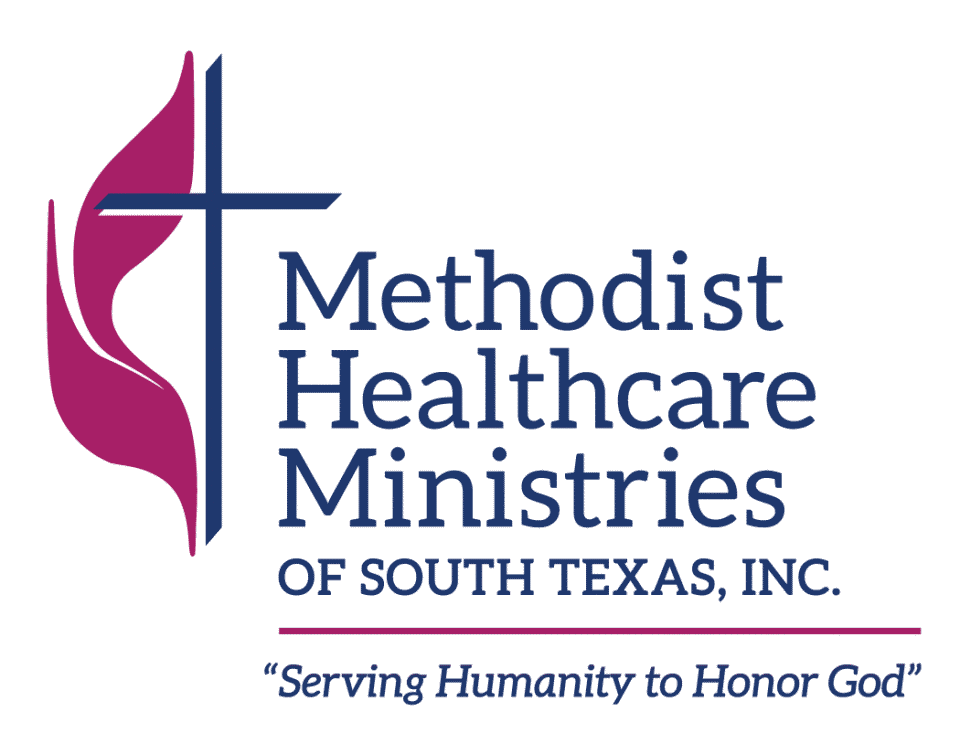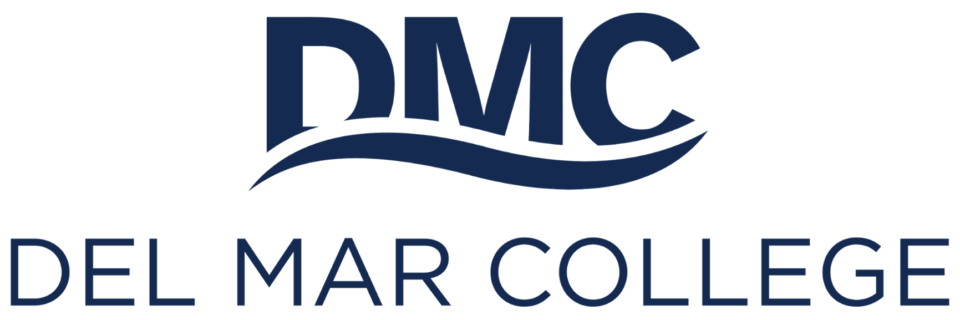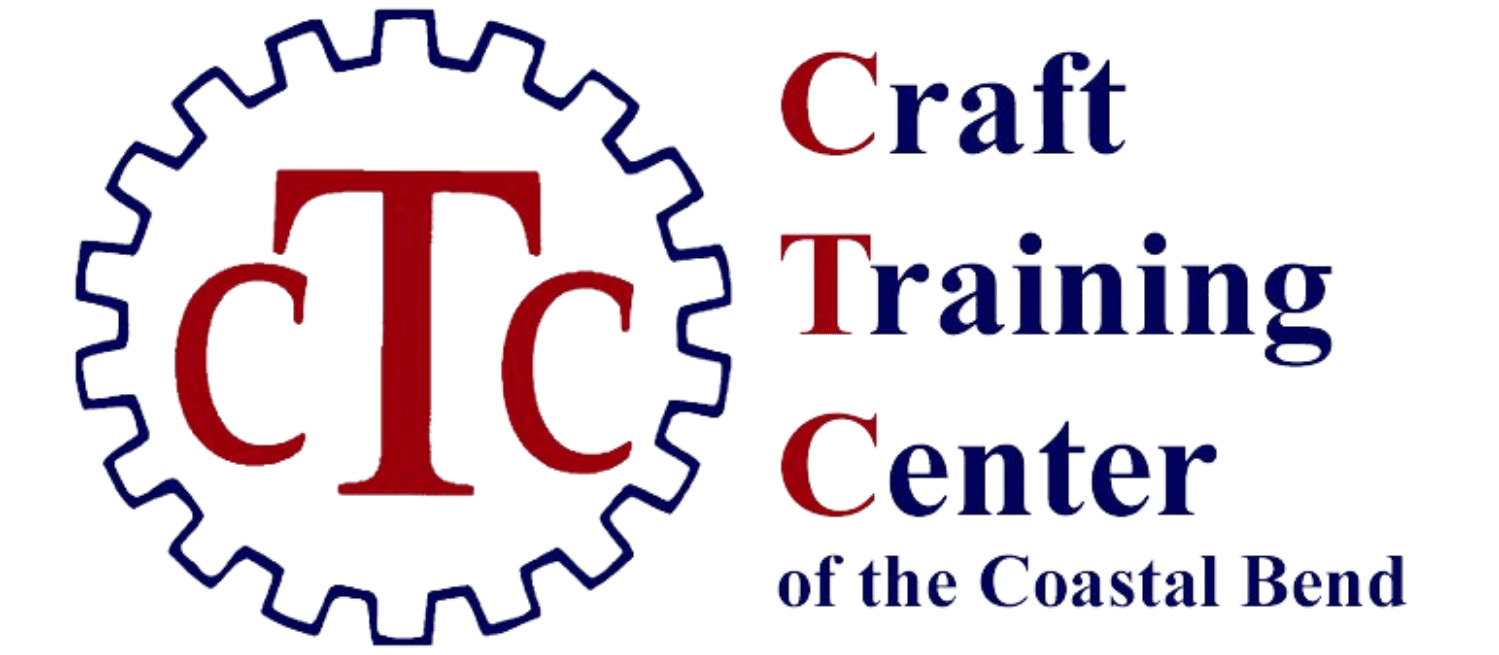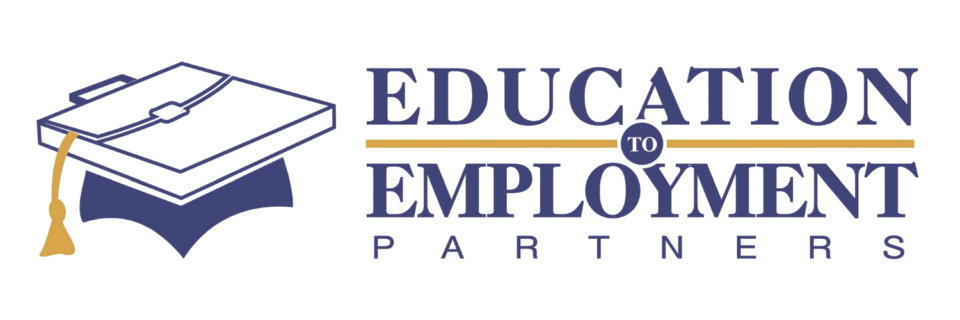Emergency Medical Technicians and Paramedics
At a glance
- Median Salary$35,194
- Local Jobs490
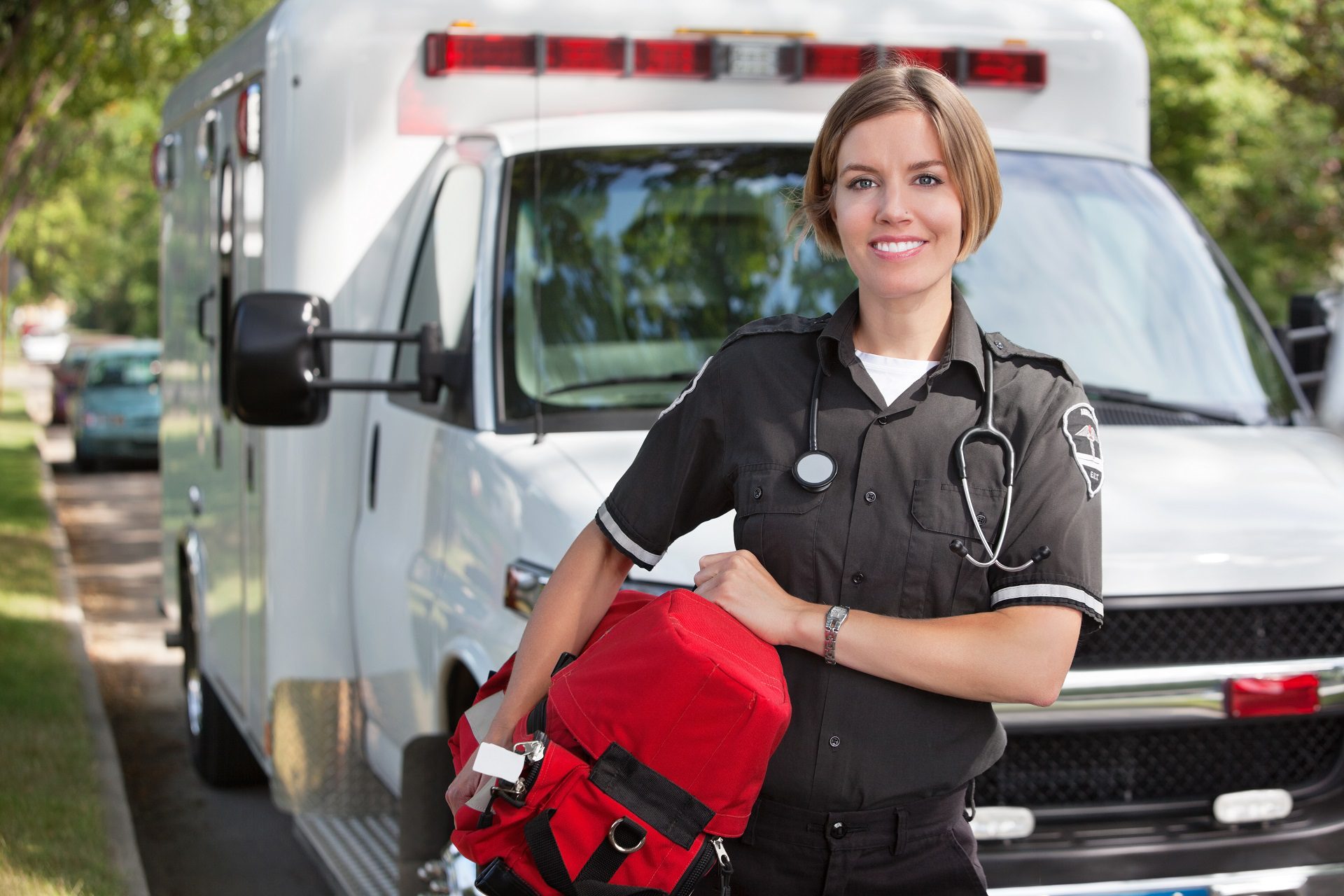
Occupation Profile
By the Numbers
Median annual earnings$35,194
Median Annual Earnings are the midpoint earned by 50 percent of workers who are the lowest paid and 50 percent of workers who are the highest paid in a particular occupationLocal Jobs490
Median Annual Earnings are the midpoint earned by 50 percent of workers who are the lowest paid and 50 percent of workers who are the highest paid in a particular occupationEntry-level educationCertification
Median Annual Earnings are the midpoint earned by 50 percent of workers who are the lowest paid and 50 percent of workers who are the highest paid in a particular occupation
Daily Tasks
- Administer drugs, orally or by injection, or perform intravenous procedures.
- Administer first aid treatment or life support care to sick or injured persons in prehospital settings.
- Assess nature and extent of illness or injury to establish and prioritize medical procedures.
- Attend training classes to maintain certification licensure, keep abreast of new developments in the field, or maintain existing knowledge.
- Comfort and reassure patients.
- Coordinate with treatment center personnel to obtain patients’ vital statistics and medical history, to determine the circumstances of the emergency, and to administer emergency treatment.
- Coordinate work with other emergency medical team members or police or fire department personnel.
- Instruct emergency medical response team about emergency interventions to ensure correct application of procedures.
- Observe, record, and report to physician the patient’s condition or injury, the treatment provided, and reactions to drugs or treatment.
- Operate equipment, such as electrocardiograms (EKGs), external defibrillators, or bag valve mask resuscitators, in advanced life support environments.
- Perform emergency cardiac care, such as cardioversion and manual defibrillation.
- Perform emergency invasive intervention before delivering patient to an acute care facility.
- Perform emergency pharmacological interventions.
Occupational Skills
Hard Skills
- Cardiopulmonary Resuscitation (CPR)
- De-escalation Techniques
- Electrocardiography
- Emergency Departments
- Emergency Medical Services
- Emergency Medicine
- Geriatrics
- Nursing
- Pediatrics
- Psychology
Soft Skills
- Checklists
- Clerical Works
- Coaching
- Communications
- Customer Service
- Good Driving Record
- Lifting Ability
- Management
- Preparedness
- Valid Driver's License
Hard skills are specific, learnable, measurable, often industry- or occupation-specific abilities related to a position.
Soft skills can be self-taught and usually do not necessitate a certain completed level of education. They are essential in many industries and occupations.
Educational Programs
Emergency Medical Technicians and Paramedics
| Type | Credential | Hrs | Online | Financial Aid |
| Credit/CE | AAS - EMT Paramedic Level 2, Cert. | 60/44 | No | Yes |
Emergency Medical Technicians and Paramedics
| Type | Credential | Hrs | Online | Financial Aid |
| Credit/CE | AAS/L2. | 60/44 | No | Yes |
EMT
| Type | Credential | Hrs | Online | Financial Aid |
| Credit | Cert | Yes | No |
Learn more aboutEmergency Medical Technicians and Paramedics
Visit Career Coach for additional in-depth information and available training programs for this job.
